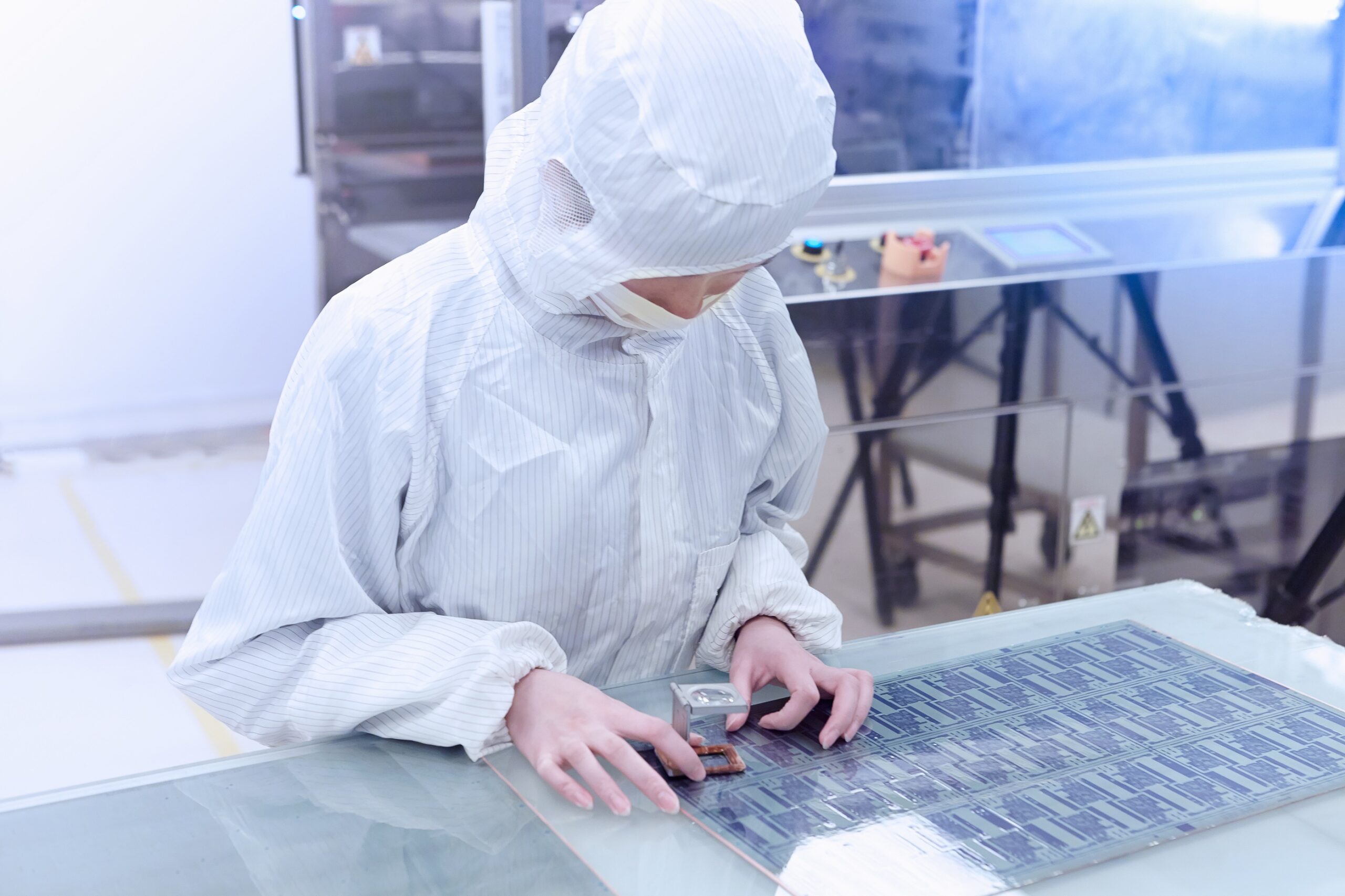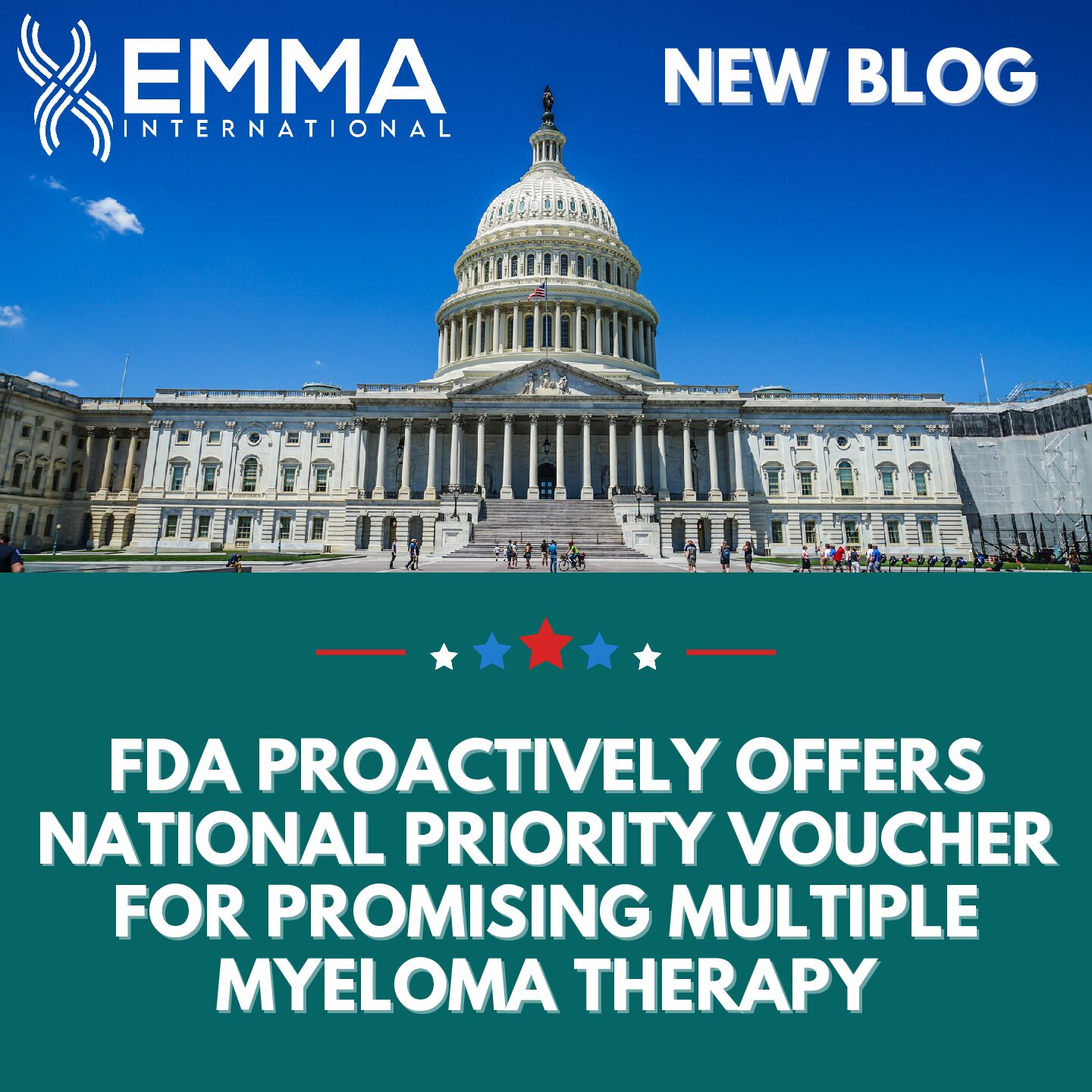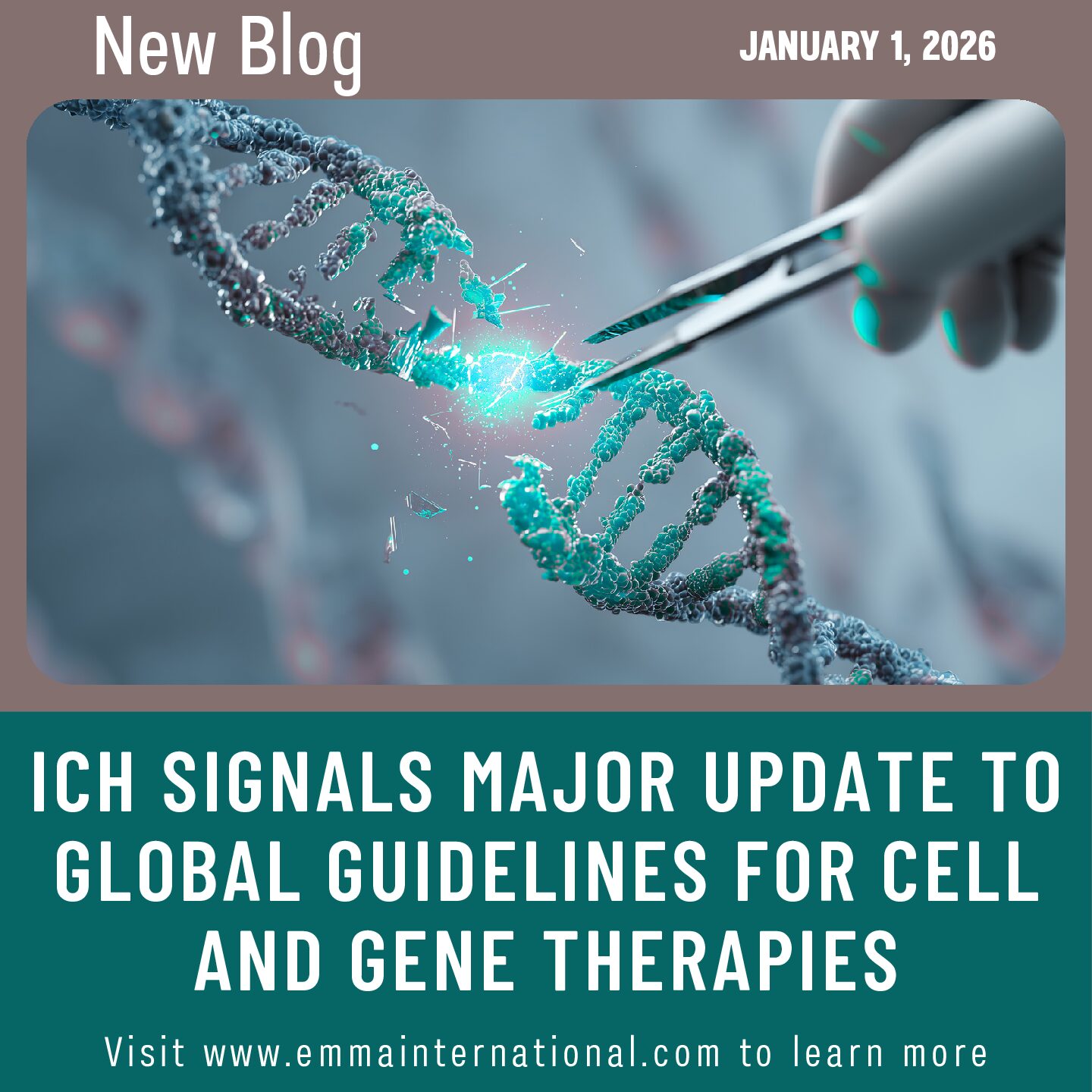Sterility is one of the most critical factors in pharmaceutical manufacturing, especially for products intended for parenteral administration, implantable devices, or other sterile applications. USP <71>, a chapter in the United States Pharmacopeia, provides guidance on the procedures necessary to test the sterility of pharmaceutical products.
USP 71 is a regulatory standard outlining the sterility testing procedures for pharmaceutical products. Its goal is to ensure that products are free from viable microorganisms, such as bacteria, fungi, or yeast, that could compromise patient safety. The sterility test prescribed by USP 71 involves two primary methods: membrane filtration and direct inoculation.
Why is Sterility Testing Important?
Sterility testing is essential for any product that will be injected, implanted, or otherwise introduced into sterile areas of the body. Contaminated products can lead to severe infections, sepsis, or other health complications. In order to meet regulatory requirements and ensure patient safety, pharmaceutical companies must demonstrate that their sterile products are free from microbial contamination before they reach the market.
Testing Methods Described in USP 71
1. Membrane Filtration
Membrane filtration is the preferred method for aqueous solutions or products that can pass through a filter. In this method, the test article is filtered through a sterile membrane with a pore size of 0.45 microns or less. After filtration, the membrane is transferred into a culture medium that promotes microbial growth, and the results are observed over a specified incubation period.
2. Direct Inoculation
Direct inoculation is used when membrane filtration is not feasible, such as for products with high viscosity. In this method, the test article is directly inoculated into a growth medium. As with membrane filtration, the culture is incubated, and the presence of microbial growth is monitored over time.
Incubation Period and Conditions
To ensure comprehensive sterility testing, USP 71 specifies incubation times and conditions. The test requires incubation for at least 14 days to allow for slow-growing microorganisms to be detected. Two types of media are used: Fluid Thioglycollate Medium (FTM) for anaerobic bacteria and Tryptic Soy Broth (TSB) for aerobic bacteria and fungi. The cultures are incubated at temperatures that promote optimal microbial growth (20-25°C for fungi and aerobic bacteria, and 30-35°C for anaerobes).
Sterility testing under USP 71 is not without challenges. These include:
- False Positives: Environmental contamination during the testing process can lead to false positives, which are time-consuming and costly to investigate.
- False Negatives: If microbial contamination exists but is not detected due to an inadequate testing protocol, false negatives can occur, leading to unsafe products reaching the market.
- Product Interference: Some pharmaceutical products may have properties that inhibit microbial growth, such as antimicrobial preservatives, which can complicate the sterility testing process.
EMMA International offers expert services for sterile pharmaceutical products, including sterility testing guidance and validation. We can help ensure that your testing protocols meet USP 71 standards, reducing the risk of contamination and helping you avoid costly delays or recalls. Our team of specialists can also assist in designing robust sterility testing methods tailored to your specific products.
Let EMMA International help guide your sterility testing processes and ensure that your products are safe, compliant, and ready for market success. Call us at 248-987-4497 or email info@emmainternational.com to learn more.
USP (n.d.) <71> Sterility Test retrieved from: https://www.usp.org/harmonization-standards/pdg/general-methods/sterility-test





